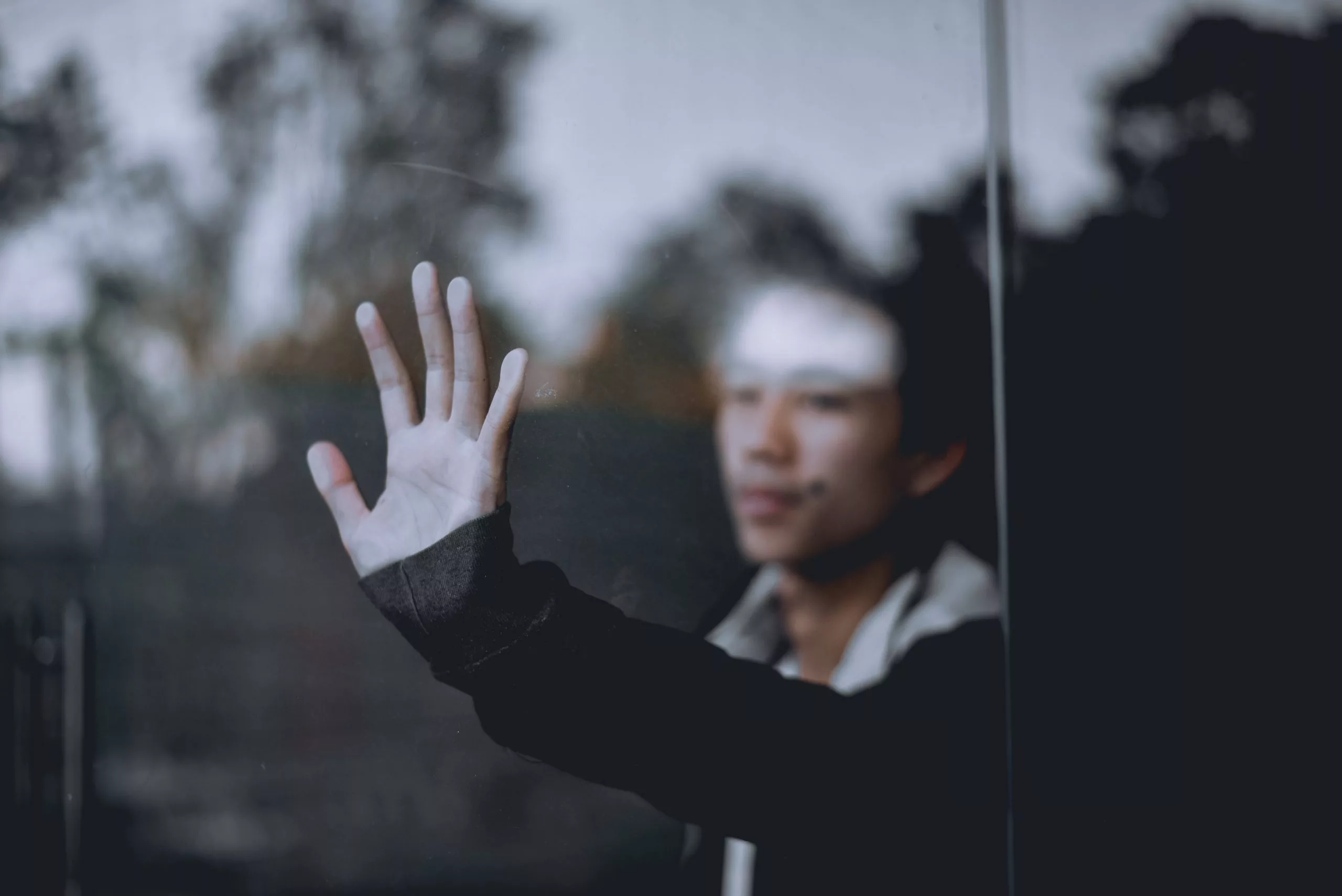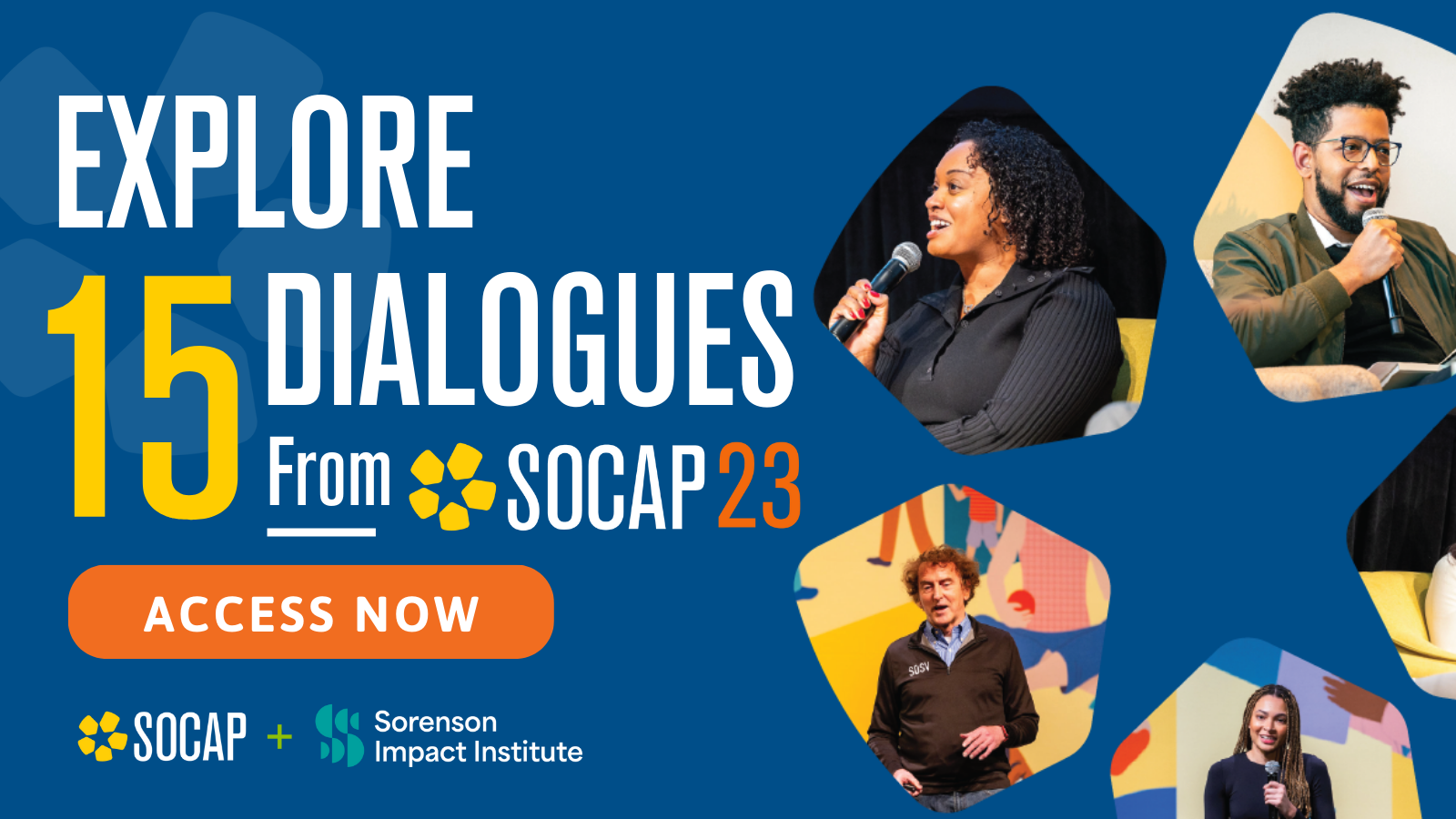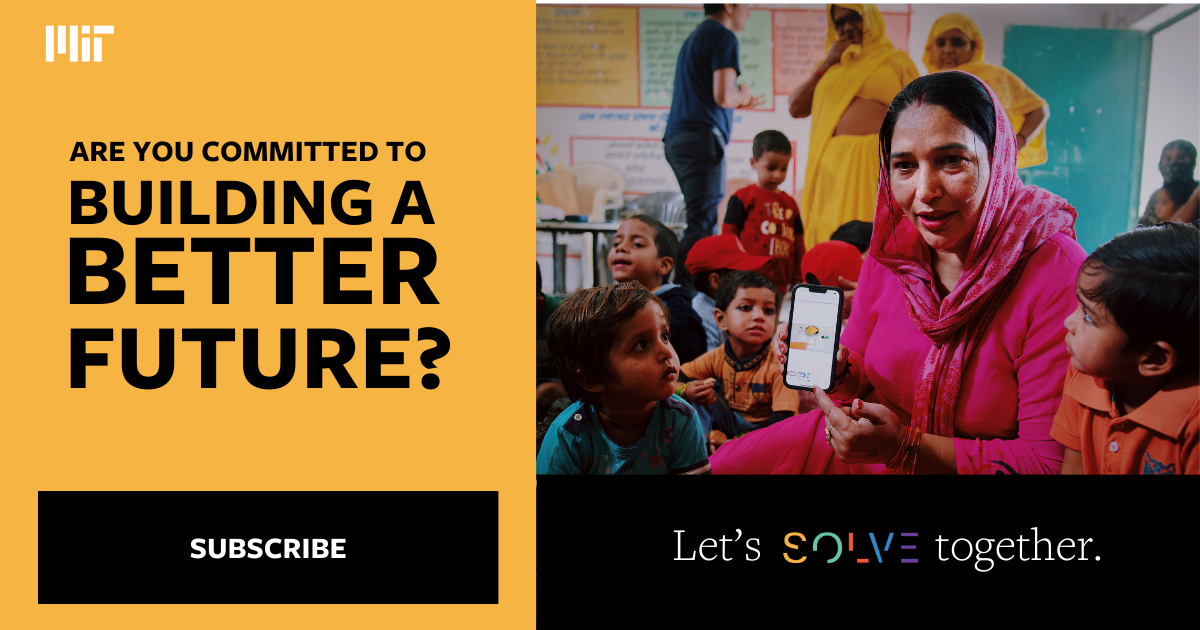In 2000 Robert Putnam published his groundbreaking book, Bowling Alone: The Collapse and Revival of American Community. This well-researched book symbolically uses the concept of bowling leagues that people belonged to as an aspect of American society that has disappeared. Putnam asserts that Americans increasingly have become disconnected from one another, no longer actively participating in organized in-person social clubs and groups such as PTA meetings, church groups, political affiliations, or yes, even bowling in a league as they once did. With that we have become disconnected from one another and isolated.
I read the book almost 20 years ago. Recently I took it out, and though the pages have somewhat yellowed, it is just as relevant today as it was then. Even more so.
Years following Putnam’s book, the Pew Center identified that “since 1985 Americans have become more socially isolated, the size of their discussion networks has declined, and the diversity of those people with whom they discuss important matters has decreased”. In particular, the study found that Americans have fewer close ties, especially from those in their neighborhoods and from groups they voluntarily belong to (2006, 2009).
Fast forward to today…just in the last week the Pew Center published another relevant piece, advancing the seriousness of emotional and mental well-being issues in the current pandemic (2020), “There’s no doubt that the coronavirus pandemic will be the most psychologically toxic disaster in anyone’s lifetime,” said George Every, who teaches disaster mental health and human resilience at the Johns Hopkins Bloomberg School of Public Health. “This pandemic is a disaster of uncertainty,” he explained, “and the greater the uncertainty surrounding a disaster, the greater the psychological casualties.”
Social media has been seen as a signal of the shallowness of our inter-personal relationships.(2019). Evaluating those relationships or their meaning cannot be based on the number of followers, likes or shares our channels and content have (2018). But we do it nonetheless. Dr. Vivek Murthy, the former U.S. Surgeon General, writes and speaks about the superficiality of celebrity, power, and money and discusses them in his book Together: The Healing Power of Human Connection in a Sometimes Lonely World (2020). Before this pandemic these qualities our society held up as symbols of achievement and a successful life. Their relative merit has come under scrutiny in our current world given what matters to us now.
These are compelling considerations for us as we wade our way through these murky waters. The societal indicators of mounting isolation and loneliness have been well chronicled with the lessening of meaningful relationships. The attributes that built our economy and idea of success have left us ill-prepared to deal with what we are now facing. What can help us, in the face of what we have grown into and our new normal? Enter…the role of the organization.
Right now, for those of us who are fortunate to have a job, the organization is likely our main connection to the outside world.
Whether it is through Zoom meetings, online discussion groups, phone calls, emails, or webinars, it is through our jobs and the organizations we work for, where we connect, discuss, and engage with others. And with that, while not optimum, these organizational communication channels have become even more important for us to get outside of ourselves and be part of something more.
Whatever we do, whatever our job is, it provides an ongoing sense of purpose and just accomplishing something that can make us feel more complete. Our jobs give us structure to our days, a built-in routine. As we rethink the in-person work world, and the protocols that will need to be put in place from both hygiene and social distancing, there’s much more organizations need to consider. It is both new and complex.
The likelihood is that many of us will suffer some form of post-traumatic stress disorder (PTSD) when we reenter that in-person workplace. We need not have been on the front lines in the healthcare, delivery or service sectors to experience PTSD, though those warriors will face many pronounced traumas in the years ahead. I mean the rest of us regular people who were just slugging it out doing our jobs in the safety of our homes, cell phones, and laptop computers.
Many of us have been scared, worried, and anxious for months. Likely sleep deprived and potentially dealing with illness and even the death of a friend or loved one. Every sniffle, ache, or slightly flushed feeling had us on hypochondria alert of the dreaded virus. Or the continual worry about losing our job, stressed out with homeschooling while working…or dealing with a multigenerational household…with everyone at home and nowhere else to go. Suddenly our homes seemed smaller, more cluttered, and darker.
If we look at armed conflict as a comparison to what we have been living through the World Health Organization provides data on how we could be similarly affected, “10% of the people who experience traumatic events will have serious mental health problems and another 10% will develop behavior that will hinder their ability to function effectively.
We all have been living in a war-torn country with an enemy that no artillery can kill. It is impenetrable. The role of the organization is different now. The culture surveys and engagement processes seem inconsequential and are replaced by the need to address the reality of the world we live in of threatened lives. Now organizations must seek out ways to help people deal with this reality and then, hopefully, to heal. Our perspective now reexamines how we see our organizations, our own identities, and the world that we now inhabit (Pedersen, C., Ritter, T, 2020).
Organizations will need to deliver emotional support systems that people will need to establish new and meaningful bonds and relationships. That can help take us through our road to recovery. The social systems of fifty years ago are no longer in place. But we need something to replace or even reestablish them in the 21st century. The organization is preeminent in this conversation. And perhaps, rethinking those social systems of a bygone era, and yes maybe the underestimated value of that bowling league. It just might be the right time to bring it back.
Jacqueline Strayer is a writer, consultant, speaker, and arts and cultural enthusiast. A former CCO of three global publicly traded companies, she consults with clients on a range of marketing, PR, and communications activities. She teaches in graduate and executive programs at NYU and Columbia. While she has not bowled in years, when things reopen, she is planning to.
References
Cohen, Marisa T. (2018). “Social Media and Relationships”. Psychology Today.
Haidt, Jonathan, Rose-Stockwell, Tobias. (2019) “The Dark Psychology of Social Networks: Why it feels like everything is going haywire”. The Atlantic.
Keeter, Scott. (2020) “A third of Americans experienced high levels of psychological distress during the coronavirus outbreak.” Pew Research Center.
https://www.pewresearch.org/internet/2009/11/04/social-isolation-and-new-technology/
Murthy, S., Lakshminarayana, R. (2006) “Mental health consequences of war: a brief review of research findings” World Psychiatry.
https://www.ncbi.nlm.nih.gov/pmc/articles/PMC1472271/
Murphy, Vivek H. (2020). Together: The Healing Power of Human Connection in a Sometimes Lonely World. Harper Wave.
Pedersen, Carsten Lund, Ritter, Thomas (2020). “Preparing Your Business for a Post-Pandemic World”. Harvard Business Review.
https://hbr.org/2020/04/preparing-your-business-for-a-post-pandemic-world
Social Isolation and New Technology. (2009). The Pew Research Center. https://www.pewresearch.org/internet/2009/11/04/social-isolation-and-new-technology/
Putnam, Robert D. (2000) Bowling Alone: The Collapse and Revival of American Community. Simon & Schuster.







